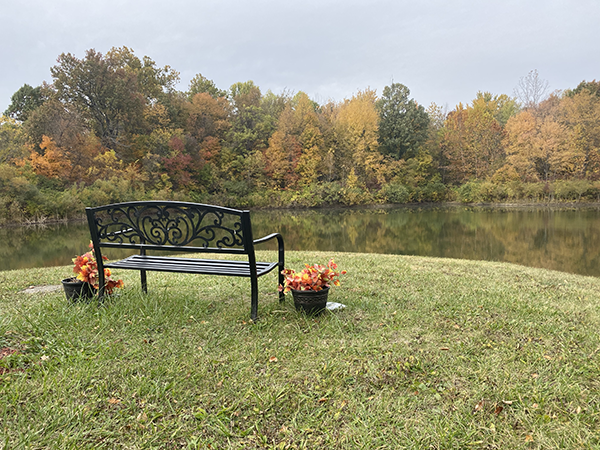Outpatient Drug and Alcohol Treatment Program (OP)
Our Outpatient Rehab Program for Substance Abuse
Our outpatient drug program can effectively handle mild cases of addiction – those arrested in their early phases. Treatment sessions offered by an outpatient drug program can be scheduled at any time within the week. The schedule is flexible and allows patients to carry on with their daily affairs. Patients also continue living at home and not in the rehab as is the case with inpatient drug programs.
There are a variety of formats for outpatient programs, with differences in intensity and a wide array of services. However, the focus is on three main aspects – support networking, education, and counseling. Patients who are determined and willing to overcome addiction will certainly benefit from the outpatient program
Our Outpatient Program follows as a step down after completing our Intensive Outpatient Program. OP serves as an integral part of our program and reintegration back into everyday living.
Our Outpatient Treatment Program Includes
- Weekly individual and group sessions
- Clients are working, attending school, or volunteering
- Ongoing medication management
- Financial independence and budget planning
Personalized Outpatient Treatment
Making Progress With Our Outpatient Treatment Programs
Intensive Outpatient Program
Our Intensive Outpatient Program follows as a step down after completing our Partial Hospitalization Program. Clients in the Intensive Outpatient Program receive a minimum of 9 hours of clinical services weekly, including one individual session per week with their therapist.
Partial Hospitalization Program
Our Partial Hospitalization Program follows as a step down after completing our Residential Program. Our Partial Hospitalization Program consist 25 hours clinical services weekly, that includes similar groups as the residential program but at an outpatient level of care.
Benefits Of Our Outpatient Drug Rehab Programs
There are different types of outpatient drug programs. However, the type allotted to a patient depends on factors such as severity of addiction, kind of substance abused, and recovery rate. However, outpatient drug program falls into three categories:
- Day programs: Outpatient day programs unarguably have the best care and organization within the outpatient setting. Participants meet 5-7 days weekly or multiple hours daily at the outpatient facility. At the end of each therapy session, patients can return home, to meet again at the next date. Alternatively, patients may choose to return to a sober living home instead of their own home. The sober living home is best in cases where the patient’s environment has contributed to his addiction problem. Also, while staying in a sober living home, the patient gets support and encouragement from his peers and shares experiences.
- Intensive outpatient programs: Outpatient treatment is a vital stage of treatment for substance abuse on the continuum of care. IOP lies between inpatient treatment and partial hospitalization programs. An Intensive Outpatient Program usually holds three or four mornings weekly. It can also hold for 2-3 hours in the evenings each week. The program duration lasts for about 12 weeks, though it ranges between 8-12 weeks. Extensive care, a program of much lower intensity is often included to aid patient transition out of treatment and into mutual help groups that are community-based. Patients undergoing an Intensive outpatient program do show a willingness to assume responsibility for their recovery from substance abuse, alcoholism, among others. Most of the patients are those who have successfully completed an inpatient program plus detox and wish to further their treatment in a more free setting. Just like our inpatient and detox services, our Intensive Outpatient Programs are created to encourage, aid, and facilitate the total recovery of our patients.
- Continuing care: These are support groups that encourage and help the patient to cement his recovery and commitment to live a sober life. Activities of these groups are facilitated by a therapist who must be licensed. The groups meet on a weekly basis. Examples of continuing care groups are narcotics anonymous and alcoholics anonymous.
Ready to Take the First Step?
Have a short call with one of our staff, and understand everything that you want to know before you make the decision. We look forward to helping you on your way to recovery.


 Verify Insurance
Verify Insurance
 Toll Free Call
Toll Free Call